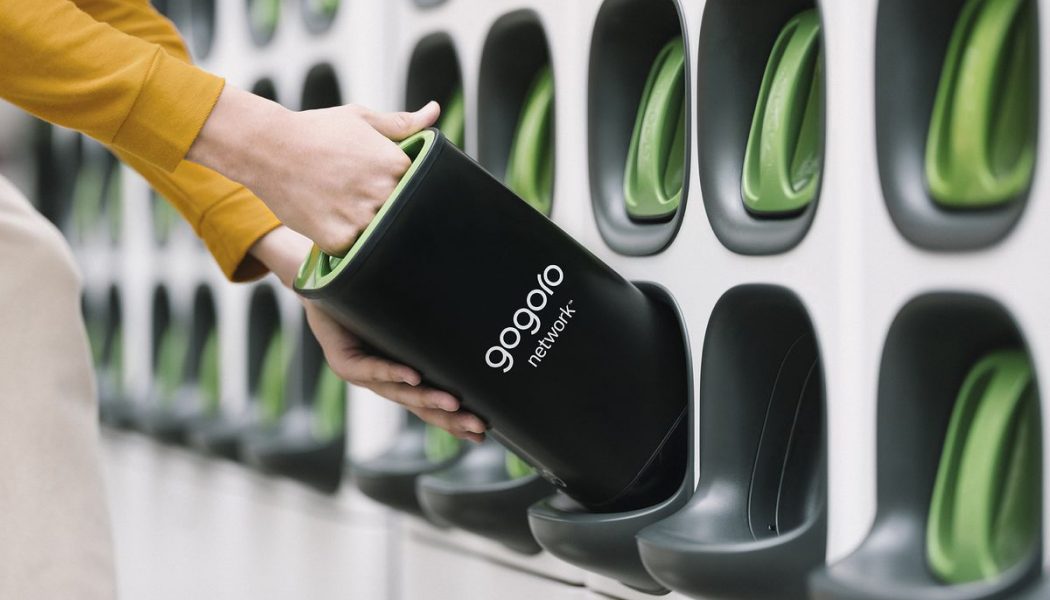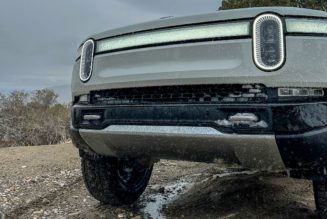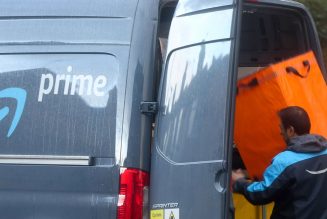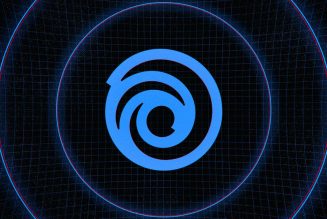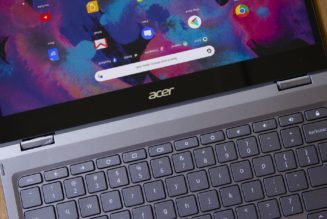Gogoro is branching out of home country Taiwan in the biggest way yet, as it just announced a partnership with major two-wheeler manufacturer Hero MotorCorp to bring its swappable battery and scooter tech to India. As part of the deal, Hero will build electric scooters based around Gogoro’s tech, and will also install Gogoro’s battery-swapping stations in cities throughout the country.
Electric vehicles could help eat away at some of India’s pollution, and Tesla is even wading into the market. But building out charging infrastructure to handle passenger EVs is going to be a challenge for any company that wants to build a business there.
It’s a different story for scooters, and especially the ones made by Gogoro, which was founded by a pair of former HTC executives a decade ago. For one thing, electric scooters are smaller and draw less power. And Gogoro’s scooters are powered by swappable batteries that owners drop off and pick up at public stations the size of a typical vending machine.
:no_upscale()/cdn.vox-cdn.com/uploads/chorus_asset/file/22458815/Gogoro_Swap_Battery_L.jpg)
Gogoro has spent the last few years encouraging industry giants like Yamaha and Suzuki to hasten the switch to electric power by striking deals with them to license its plug-and-play batteries. But the partnership with Hero is more involved, as the two companies will actually create a joint venture in India to make the scooters and build out the battery swap stations.
Gogoro also pitches its battery stations as a way to aid the local energy grid during times of peak demand. The company says it has installed 2,000 stations across Taiwan, which in total see about 265,000 daily battery swaps.
The popularity of electric two-wheelers is booming in China, and they’re starting to make big gains in other markets like Vietnam and South Korea. In comparison, they’re practically absent in India. Partnering with Hero is a way to quickly change that. The New Delhi-based manufacturer leads the world in units sold when it comes to motorcycles and scooters, and it has an extensive presence in India that goes far beyond the biggest cities.
“No other place on Earth has more people moving around on fossil fuel-burning two-wheelers than India,” Gogoro founder and CEO Horace Luke said in an interview with The Verge.
Two-wheeled vehicles account for an enormous amount of individual miles traveled in India, Luke said, and therefore are a huge source of gasoline consumption. And since Hero doesn’t currently have an electric scooter in its stable, Luke said the partnership could make a huge dent.
“It has been a very, I would say, challenging, challenging endeavor for [Hero] because they’re missing the infrastructure part of the equation,” he said. “They don’t have a battery swapping infrastructure that has proven to be solid enough for India to to transform and electrify their nation.”
Partnering with Hero made more sense than trying to break into India solo, Luke said, because trying to replicate the dealerships and presence the Indian manufacturer has built out over decades would be “moronic.”
“I would never try replicate that. It would kill me. I would be too old by the time I’d get even near that,” he said. “We need to play to the strength of the partner locally and enable them through our technology to let them win and go faster.”
Gogoro has dabbled in other markets in the past, but pretty much only as a provider for scooter-sharing services like Coup in Germany and France. The partnership with Hero, then, represents a new way for Gogoro to pollenate the world with its electric scooter tech — something that’s been a goal since it came out of stealth mode at the 2015 Consumer Electronics Show.
